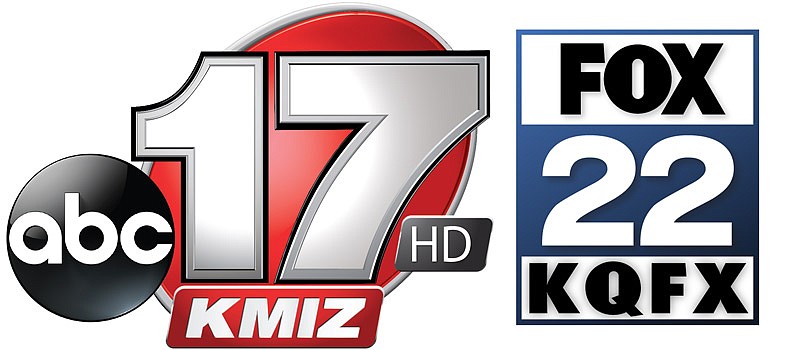Unless something changes today, Mid-Missouri DIRECTV satellite customers won't be able to watch FOX network's broadcast of the Green Bay Packers at Dallas Cowboys football game.
Just as they couldn't see Saturday's FOX broadcast of the Seattle Seahawks at Atlanta Falcons contest.
The problem?
There's an ongoing feud between DIRECTV, which is owned by AT&T and the St. Joseph-based News-Press & Gazette Broadcasting Co. - with both sides blaming the other for the impasse.
NPG owns Columbia-based KMIZ-TV, an ABC affiliate, and KQFX, Mid-Missouri's FOX Network affiliate, as well as at least a dozen other stations around the country.
Both Mid-Missouri stations' signals have been off DIRECTV's satellite feed since 5 p.m. Thursday, NPG said.
"NPG has extended the current agreement eight times in an effort to reach a new agreement," the company said in a statement released Thursday, "yet DIRECTV is not willing to carry the stations on the same terms they have agreed to with other providers."
But, the American Television Alliances said in a Friday release it "demanded that News-Press & Gazette Broadcasting end its deliberate blackout of DIRECTV customers in Arizona, California, Idaho, Oregon and NPG's home state of Missouri prior to the NFL Divisional Playoffs that kickoff this weekend."
The ATVA release added: "In addition to hurting (hundreds of thousands of) NFL fans, this intentional blackout undoubtedly causes a significant negative economic impact on approximately 2,500 bars and restaurants within the affected areas that rely on marquee sporting events to attract their customers."
The alliance - whose partners include a number of cable and satellite television services and programming providers - said it's fighting for consumers and wants Congress to reform "outdated rules that do not reflect today's marketplace. We are united in our determination to ensure the best viewing experience at an affordable price and to end the public threats of blackouts that are intended to scare and confuse viewers."
The alliance accuses broadcasters of "abusing outdated rules to boost their bottom lines and continue to threaten viewers with blackouts. The American Television Alliance (ATVA) brings together an unprecedented coalition of consumer groups, cable, satellite, telephone companies and independent programmers to raise awareness about why this is happening and what can be done to stop it."
But that's not the "whole story," NPG said on its website.
"Local broadcast TV stations exist to serve their communities," the company explained. "They produce the news, weather and local sports coverage you depend on, as well as performing vital community service. All that is made possible through the agreements TV stations reach with cable and satellite companies that carry our signal to your homes."
Those deals are called retransmission consent agreements, NPG said.
"Unfortunately, consumers can be held hostage if a powerful cable or satellite company refuses to reach a fair deal with a local station," the NPG statement continued. "In those cases, a local station can be 'blacked out' on a cable (or satellite) system.
"As a result, viewers like you can miss out on programming you love like NFL and NCAA football, primetime network programs, high profile programs like the Academy Awards and your local news.
"It is simply unfair to you. After all, you pay your cable bill in-full each month why should your cable company get to provide you less than a full slate of channels you pay your hard earned money for?"
The ATVA countered, "When blackouts finally end, consumers get their programming back, but at a higher cost."
It cites an SNL Kagan study that "projects that, over time, over 50 percent of affiliates' retrans payments will go to the networks," and retransmission fees "are the fastest rising part of programming costs."
The ATVA also said its own analysis "of publicly available industry data and SNL Kagan data (shows that) fees have grown an astonishing 22,400 percent since 2005 and, more troubling, have seen 40 percent annual increases over the last three years."
DIRECTV and KOMU, which is owned by the University of Missouri, had a similar fight in 2014 with KOMU, channel 8.1, and its CW-station, channel 8.3, off the satellite feed for more than a month.
DISH Network, another satellite provider, and Sinclair Broadcasting - which owns KRCG-TV and more than 150 other stations around the country - had a similar dispute in August 2015. In that case, the stations were off the satellite feed only for one day.
In both of those cases, the final settlement terms weren't announced.
Also, NPG reminds its viewers, the current dispute only affects DIRECTV.
The company's TV signals still are available on cable providers, DISH Network - and over-the-air.

